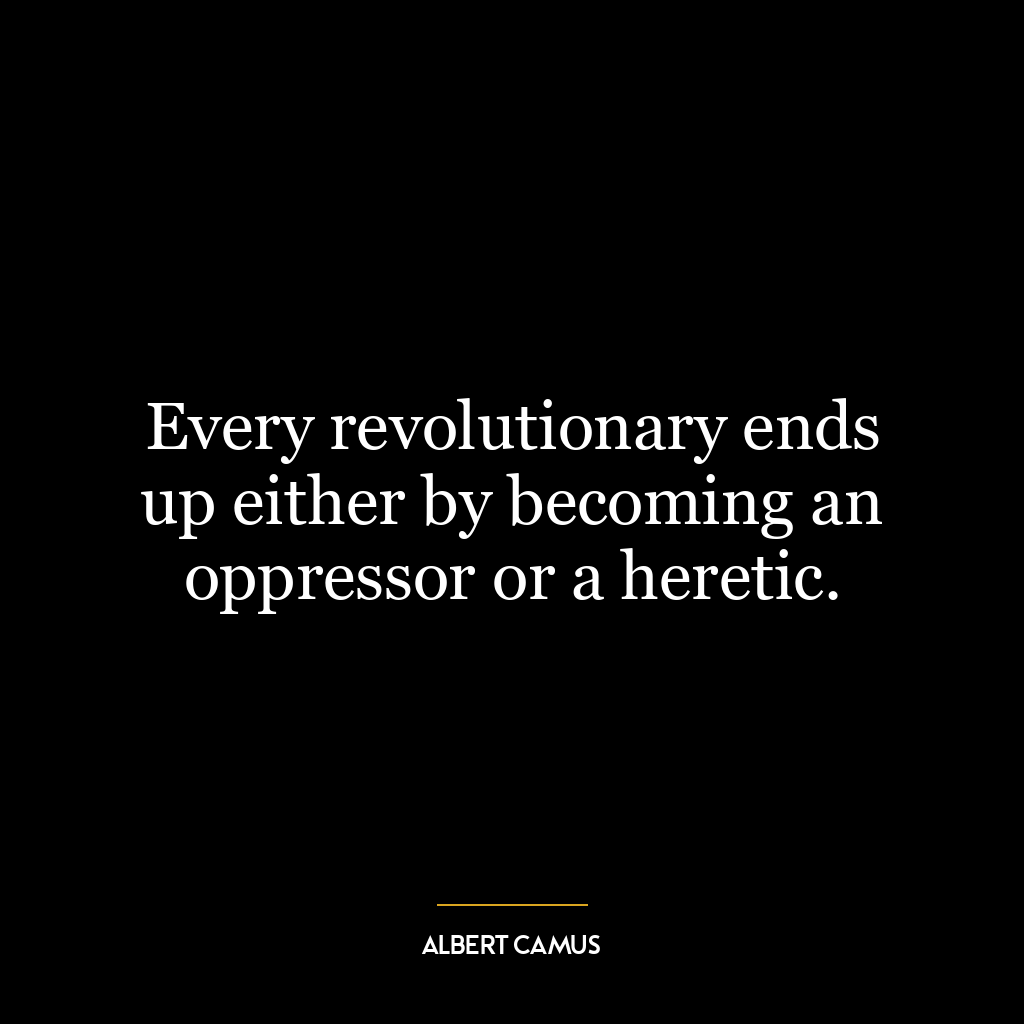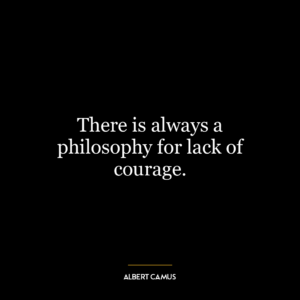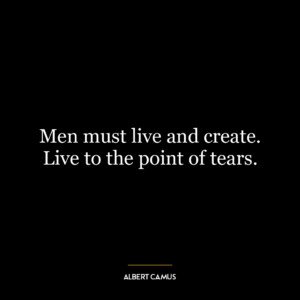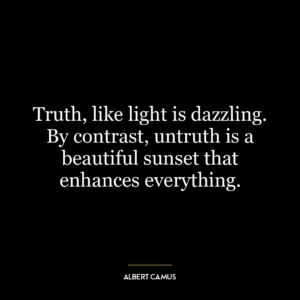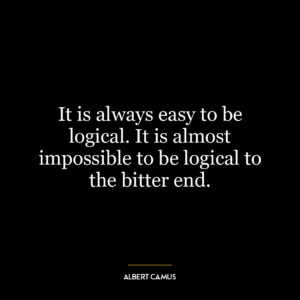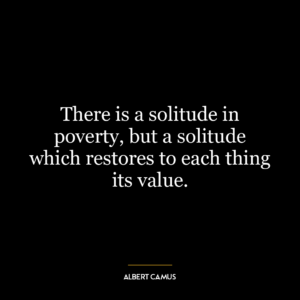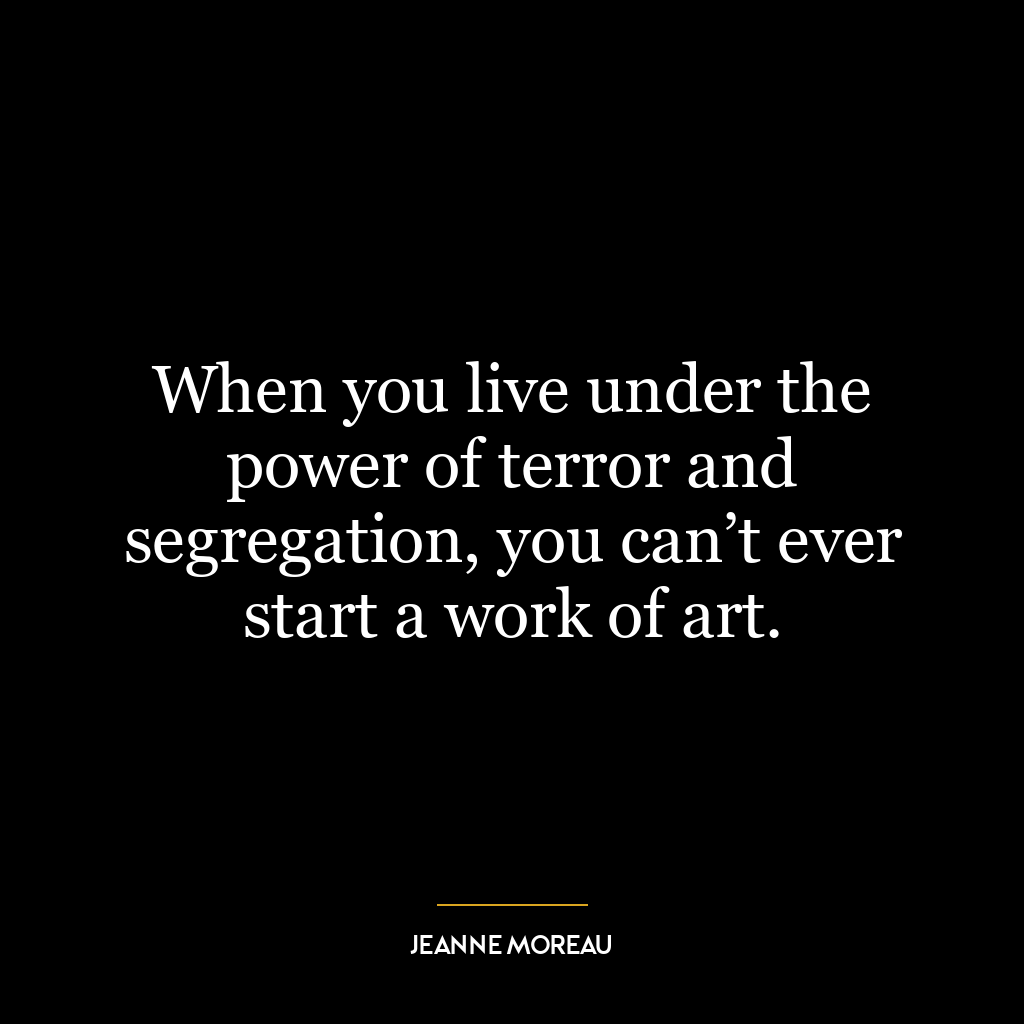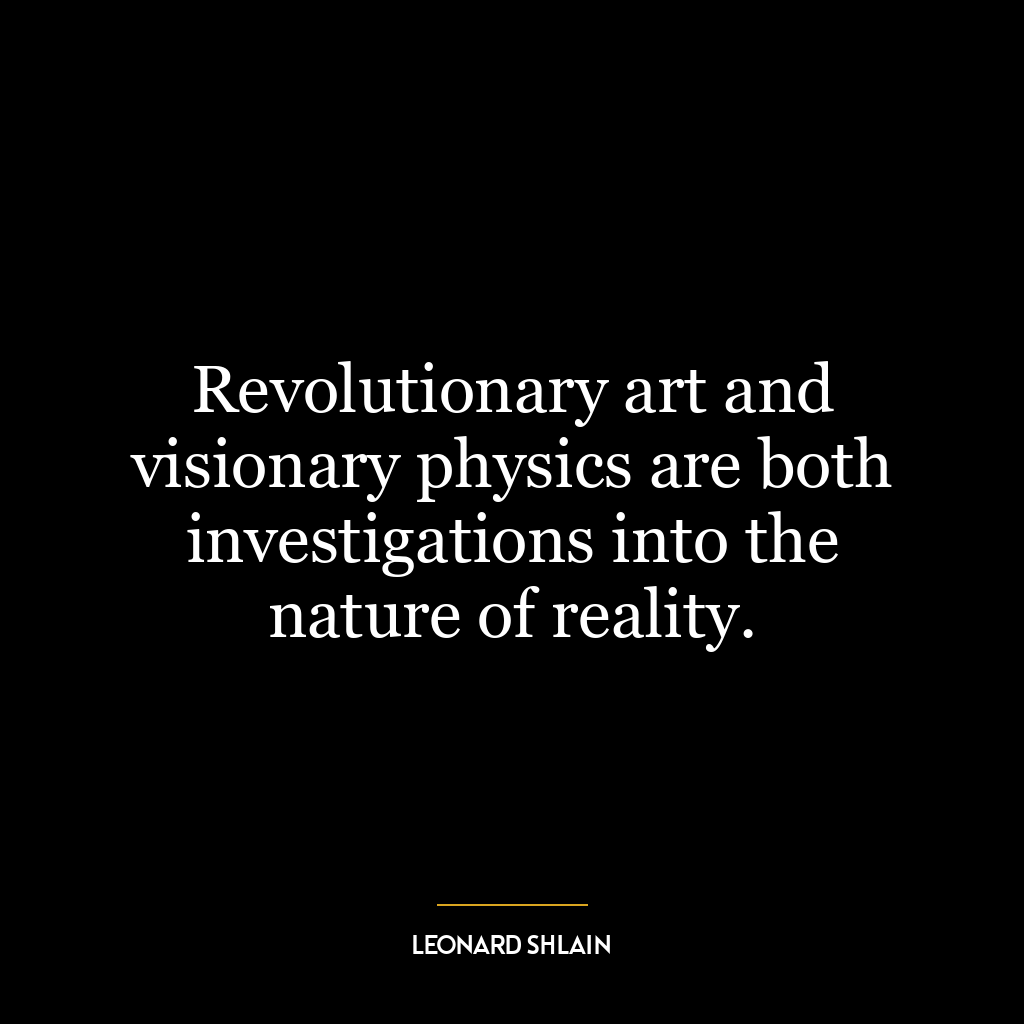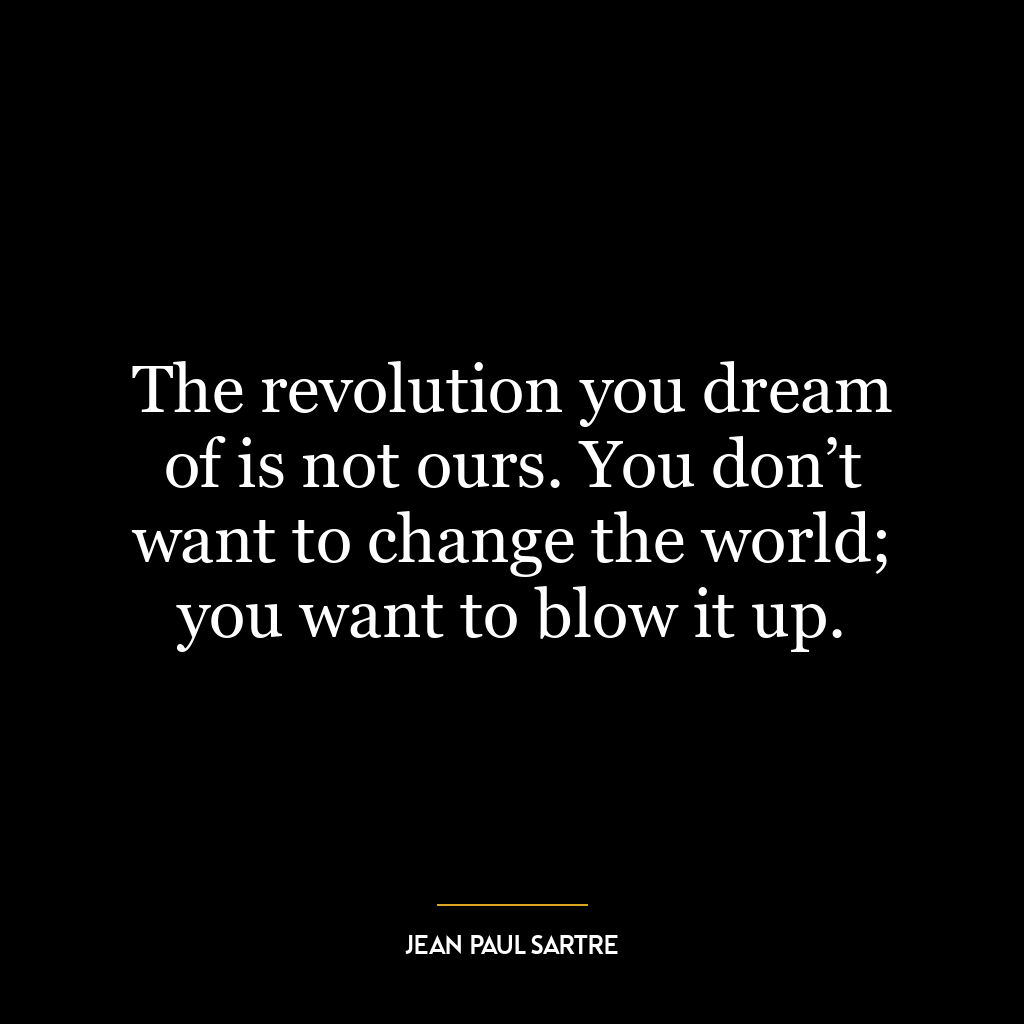Every revolutionary ends up either by becoming an oppressor or a heretic.
This quote suggests that those who instigate revolutions, who challenge the status quo and seek to upend the existing order, eventually become either oppressors themselves or are branded as heretics. The first part of the quote, “ends up either by becoming an oppressor,” implies that the revolutionary, once successful, might adopt the same oppressive tactics that they initially fought against. This can occur due to the corrupting influence of power or the need to maintain control in the new order.
The second part of the quote, “or a heretic,” suggests that if the revolutionary doesn’t become an oppressor, they might end up being labelled as a heretic. This could happen if they continue to challenge the new order they helped establish, or if they refuse to conform to the new norms and retain their revolutionary ideals.
This quote can be applied to many situations in today’s world. In politics, for instance, we often see revolutionary leaders who, once they gain power, become just as oppressive as the regimes they overthrew. This pattern is evident in many historical and contemporary revolutions around the world.
In terms of personal development, this quote can serve as a cautionary tale about the dangers of becoming that which you oppose. It suggests the importance of self-awareness and reflection, to ensure that in our quest for change, we do not become the very thing we are trying to change. It also emphasizes the importance of maintaining one’s values and principles, even in the face of societal pressure or the lure of power.

